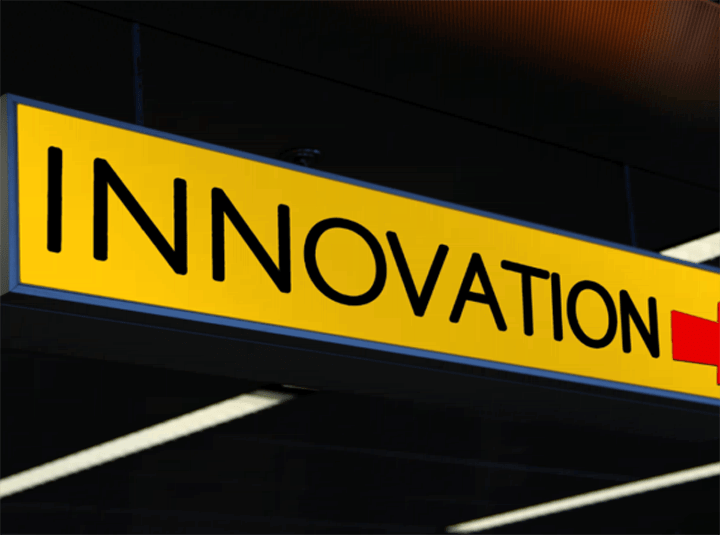The concept of smart cities has evolved from a futuristic dream to a pressing necessity in today's urban landscape. As our world becomes increasingly urbanized, cities face the formidable challenge of accommodating growing populations while maintaining sustainability, efficiency, and livability. One of the key pillars of building smarter cities lies in the transformation of transportation systems and infrastructure. In this article, we will explore the innovations, real-world examples, and the promising future of smart transportation in the context of smart cities.
Redefining Urban Mobility with Autonomous Vehicles
Smart cities are turning to autonomous vehicles (AVs) as a solution to congestion, pollution, and road safety. Companies like Waymo and Tesla are pioneering the development of self-driving cars that have the potential to dramatically alter urban transportation. In Phoenix, Arizona, Waymo launched a fully autonomous ridesharing service, allowing residents to hail a driverless car using a smartphone app. This real-world experiment showcases the potential of AVs to reduce traffic accidents, emissions, and the need for parking spaces, freeing up urban space for other purposes.
Data-Driven Decision-Making for Transportation
Cities are harnessing the power of data analytics to make transportation more efficient. Singapore's Intelligent Transport System (ITS) is a prime example. ITS uses real-time data collected from a network of sensors and cameras to monitor traffic flow and adjust traffic signals accordingly. This not only reduces congestion but also minimizes fuel consumption and emissions. Similar systems are being deployed in cities like London, where the use of congestion pricing has led to significant reductions in traffic and air pollution.
From Highways to Hyperloops: Innovative Infrastructure
The future of smart cities is not just about smarter vehicles but also reimagining transportation infrastructure. Elon Musk's Boring Company is developing the concept of underground tunnels to alleviate surface traffic. In Las Vegas, the Boring Company created a loop system that shuttles passengers across the city in autonomous electric vehicles, showcasing the potential for efficient underground transit networks.
Another game-changing concept is the hyperloop. Virgin Hyperloop, among other companies, is working on developing this high-speed ground transportation system that uses vacuum tubes to transport pods at incredible speeds. If successfully implemented, hyperloops could revolutionize long-distance travel, reducing journey times and emissions.
Conclusion: Paving the Way for Smarter Cities
Smart transportation is not merely a feature of smart cities; it is the backbone that underpins their functionality. With innovations like autonomous vehicles, data-driven traffic management, and groundbreaking infrastructure projects, cities are becoming more efficient, sustainable, and pleasant places to live. As urban populations continue to grow, the evolution of smart transportation will play a crucial role in shaping the future of our cities. By embracing these innovations and adapting to changing urban dynamics, we can pave the way to truly smart, sustainable, and livable cities.







_small.jpeg)




_small.jpg)






